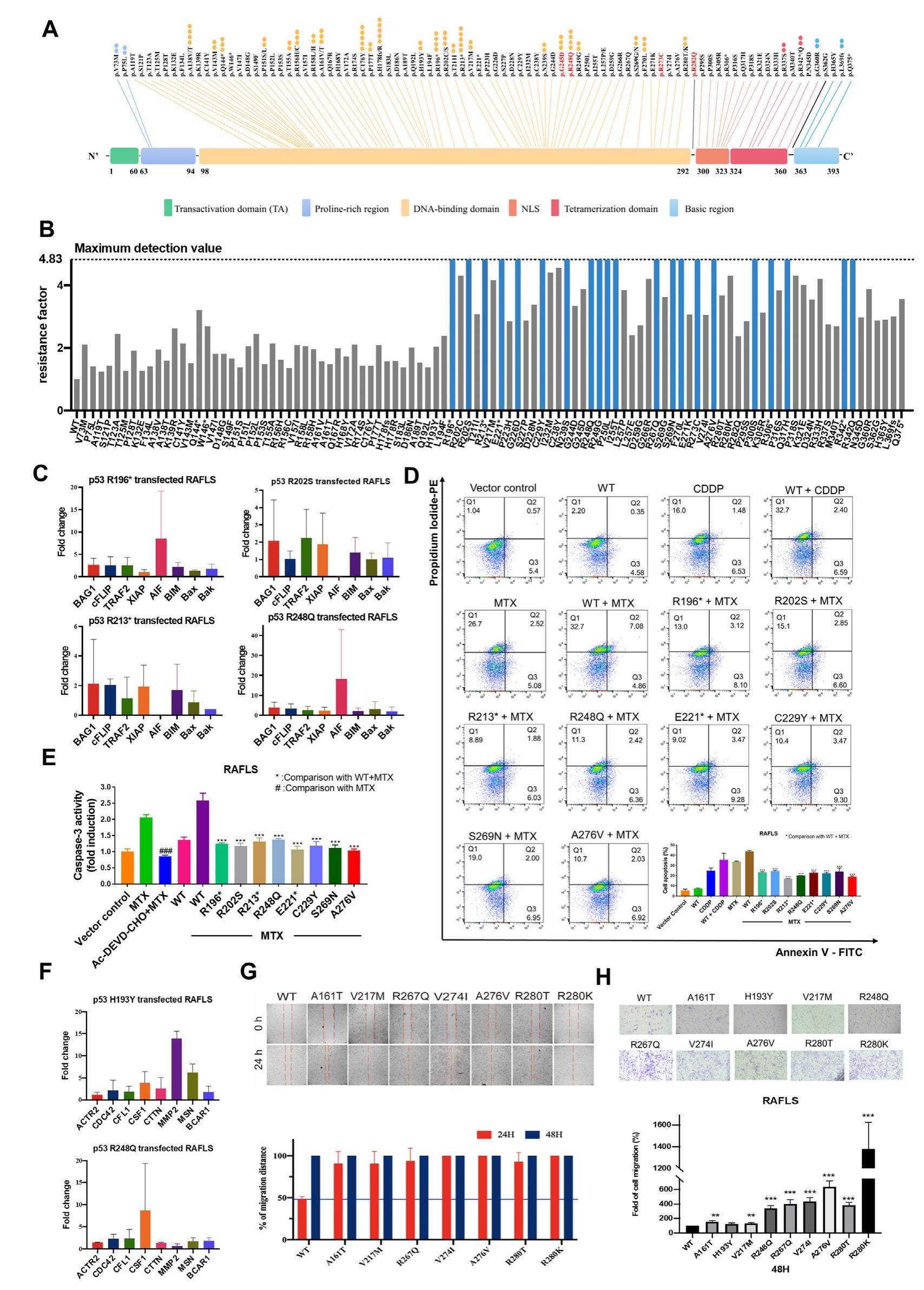
The potential development of drug resistance in rheumatoid arthritis patients identified with p53 mutations


Rheumatoid arthritis (RA) is a chronic inflammatory disease characterized by cartilage and bone damage with the presence of pannus formation which causes uncontrollable proliferation and invasion of fibroblast-like synoviocytes (FLS). Since rheumatoid arthritis is a chronic disorder, the patients normally need to undergo prolonged antirheumatic treatment with the use of disease-modifying antirheumatic drugs (DMARDs), steroids, and nonsteroidal anti-inflammatory drugs (NSAIDs). The efficacy of such long-term pharmaceutical intervention can be significantly affected by the development of drug resistance. The pathological relationship between rheumatoid arthritis and cancer hinted that some chemotherapeutic drugs, such as methotrexate (MTX), could be used for RA treatment. This idea was reinforced by the analysis of mutations in p53 tumor suppressor gene. Around 50% of p53 somatic mutations observed from various cancers are also identified in the synovium of RA patients. Of note, the hyperplastic synovium in RA with overexpressed p53 mutants contributed to the destruction of joints in patients with erosive RA. Amongst the different cellular components in the synovium of RA patients, p53 mutants are overexpressed in RA synovial fibroblasts (RASFs), which is the pathological phenotype of the FLS..
